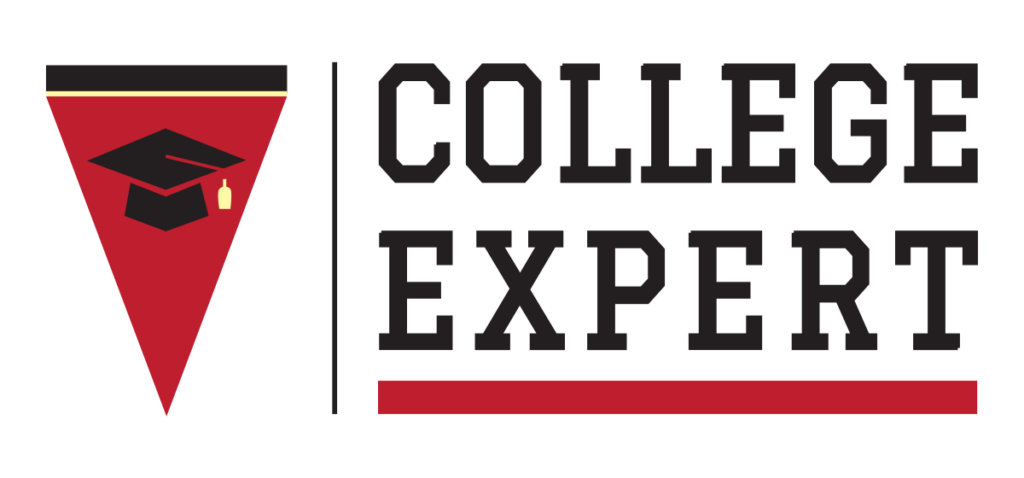College admissions is a changing landscape. Each year trends emerge as a result of new technology, new practices and shifting priorities. For example, years ago the introduction of the Common App streamlined the process and drove up applications. And after Covid, test optional became the norm rather than the exception. It’s important to consider trends like these as part of the college planning process.
The 2023 admissions cycle was one of the most challenging ever for selective schools. Reflecting on the past year, we believe four trends will continue to shape this process. Understanding these trends will help you build a college list that will provide you with options when it’s time to make a decision. It will help you to manage expectations while also maximizing your chance of acceptance. Let’s take a look at them!
Trend 1: Admission to selective schools is getting more competitive.
This is due to test optional admissions as well as other factors such as institutional priorities. Students who may not have considered applying to schools like Stanford or Northwestern because of their test scores are now thinking, “why not?” As a result, these schools are being flooded with highly-qualified candidates, but the size of their freshman class is remaining steady. It’s simple math, and even for exceptional students, selective schools – especially those with single-digit admission rates – are becoming an even bigger reach.
Trend 2: Colleges are looking at character as well as strong academic performance.
Character counts in college admissions. Colleges will almost always prioritize grades and the rigor of your high school courses when evaluating applications. But as the number of qualified applicants increases, admissions has had to turn to other factors that set a candidate apart, such as evidence of initiative, compassion, and grit. These qualities often are revealed in essays, activities and letters of recommendation.
What can you do to demonstrate character? Initiate projects, pursue unique hobbies or interests that you are truly passionate about, do research or independent study, and participate in class and get to know your teachers. Then find a way to highlight those things in your application.
Trend 3: Although test scores are mostly optional, they are not irrelevant.
While submitting test scores is optional at most colleges, you should still take the SAT or ACT and study or do test prep to maximize your score. Based on your results, we will advise you on where submitting your SAT or ACT score could give you an advantage based on information available to us, such as acceptance rate and test scores for admitted students. Test scores can still work for you, so while they may be optional, they are still relevant and can be important.
Trend 4: Demonstrating interest does make a difference.
Every year there are instances where a highly-qualified candidate is denied at a school where a candidate with lower grades and test scores is accepted. When this happens, one of the first things we may ask a student is if they engaged with the college, or if they “demonstrated interest”. Colleges want to accept students who want to go there, and even the highest achiever can be denied if they don’t show genuine enthusiasm.
How can you demonstrate interest? Visit a college’s website, visit in person, do online events and tours, follow colleges or departments on social media, connect with a rep at a college fair, and email admissions with questions you have (if you can’t find an answer on their website). They track all of this. If required, you also want to write a well-researched “why this college” essay that cites very specific reasons why a college is a great fit for you. Colleges want to protect their yield (the number of admitted students who enroll), and they accept students who seem most likely to attend if given a spot in their incoming class.
If there is one word we would use to describe the landscape for selective colleges right now, it’s “competitive.” Understanding trends is important. To increase your chance of acceptance, pursue authentic interests, demonstrate character as well as academic success, and look for opportunities to show a college some love.
Contact your College Expert counselor with questions. As always, we’re here to help!

